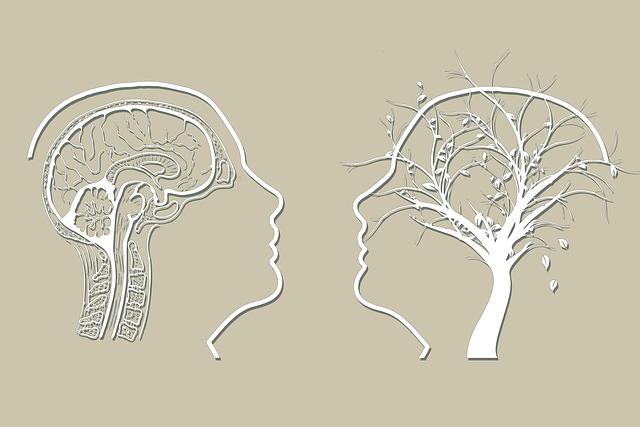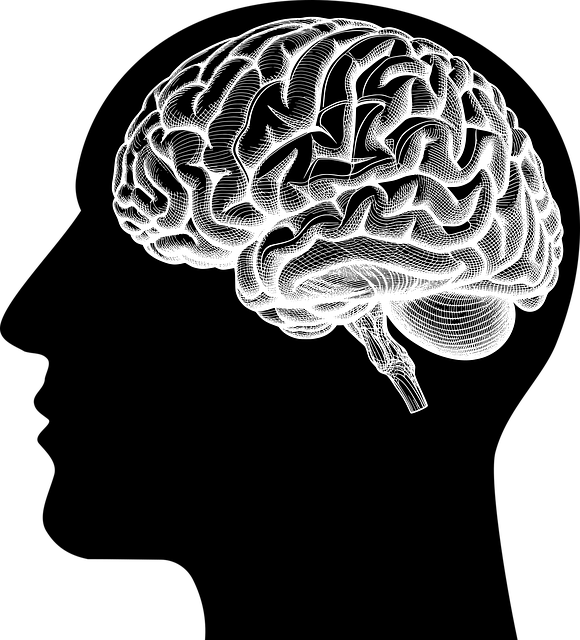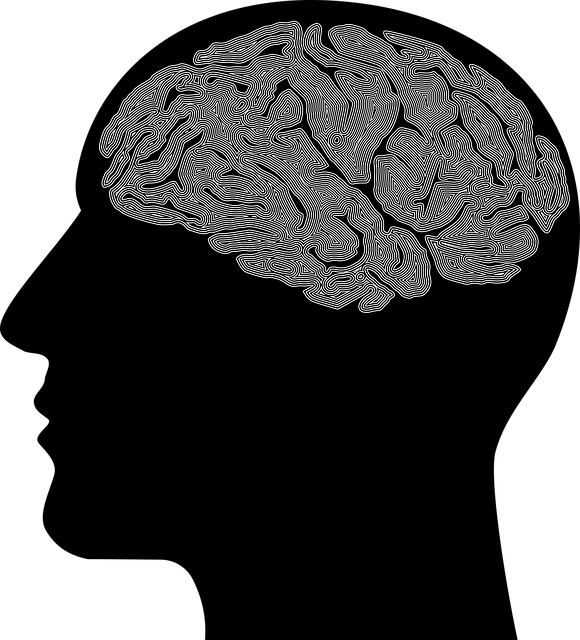Depression and chronic pain are closely linked, impacting both physical and mental health. Broomfield Chronic Pain Therapy takes a holistic approach by integrating mental health support, such as Wellness Coaching Programs and self-awareness exercises, to enhance emotional regulation. Lifestyle modifications like regular exercise, quality sleep, and nutritious eating, along with activities like walking or yoga and balanced diets, are powerful tools in preventing depression. Support groups in Broomfield offer safe spaces for mental health navigation, crisis intervention guidance, and self-care routines, empowering individuals to combat depression effectively. Recognizing warning signs early is crucial for proactive prevention, and community outreach programs focused on mental health awareness can encourage help-seeking behaviors.
Depression prevention strategies are essential, especially for those managing chronic pain in Broomfield. This article delves into understanding the deep connection between depression and chronic pain, offering practical lifestyle changes for improved mental health. We explore the therapeutic benefits of Broomfield chronic pain therapy and the power of support groups in fostering recovery. Learn to identify warning signs early and take proactive steps towards a healthier mind.
- Understanding Depression and Its Connection to Chronic Pain
- Lifestyle Changes for Better Mental Health
- The Role of Therapy and Support Groups in Broomfield
- Identifying Warning Signs and Seeking Early Intervention
Understanding Depression and Its Connection to Chronic Pain

Depression and chronic pain often go hand in hand, creating a complex interplay between physical and mental health. Broomfield Chronic Pain Therapy recognizes this connection and takes a holistic approach to address both aspects simultaneously. When someone experiences chronic pain, it can significantly impact their overall mental wellness, leading to feelings of sadness, hopelessness, and decreased interest in activities that were once enjoyed. This is where the integration of mental health support becomes vital.
Mental Wellness Coaching Programs Development and Self-Awareness Exercises are powerful tools to enhance emotional regulation, a key component in preventing and managing depression. By fostering self-awareness, individuals can learn to identify and manage their emotions more effectively. Through targeted interventions, one can develop coping strategies to navigate the challenges posed by chronic pain, thereby reducing the risk of depressive episodes and promoting a sense of control over one’s life and well-being.
Lifestyle Changes for Better Mental Health

Making lifestyle changes can significantly impact mental health, serving as a powerful tool in depression prevention. Incorporating regular physical activity, for instance, has been shown to boost mood and reduce symptoms. Even moderate exercises like walking or yoga can stimulate the release of endorphins, nature’s very own antidepressants, providing a natural way to manage chronic pain conditions often associated with Broomfield Chronic Pain Therapy. Furthermore, prioritizing quality sleep is essential; it allows the brain to rest, heal, and consolidate memories, all of which contribute to emotional well-being.
Nutrition also plays a vital role in mental health management. A balanced diet ensures the brain receives necessary nutrients for optimal function. Some foods are particularly beneficial, such as those rich in omega-3 fatty acids, vitamins B and D, and magnesium, known to support cognitive health and mood regulation. In contrast, processed foods and excessive sugar can negatively impact mental clarity and overall mood. Therefore, adopting a mindful approach to diet and incorporating stress management techniques like meditation or mindfulness practices can be integral components of a comprehensive strategy for risk management planning in mental health professions, fostering resilience against depression.
The Role of Therapy and Support Groups in Broomfield

In Broomfield, access to Broomfield Chronic Pain Therapy and support groups plays a pivotal role in depression prevention. These specialized services offer individuals a safe and supportive environment to navigate through mental health challenges. Through crisis intervention guidance, participants learn effective coping strategies for managing depression symptoms. Moreover, engaging in self-care routine development for better mental health is encouraged, promoting holistic well-being.
Support groups facilitate peer-to-peer connections, fostering a sense of belonging and understanding. Members share experiences, offer encouragement, and gain insights into mood management techniques. This collective approach not only provides individuals with practical tools for combating depression but also cultivates a network of support that can be invaluable in times of crisis.
Identifying Warning Signs and Seeking Early Intervention

Recognizing the warning signs of depression is a proactive step towards prevention, especially for individuals managing chronic pain in Broomfield. Early intervention plays a crucial role in effective treatment and can significantly improve outcomes. Many times, depression manifests as persistent feelings of sadness, loss of interest, or changes in appetite and sleep patterns. If these symptoms persist for more than two weeks, it’s essential to seek professional help.
Community outreach programs focused on mental health awareness can be instrumental in encouraging individuals to reach out for support. By educating people about the signs of depression and providing accessible resources, these initiatives foster an environment where seeking help is normalized. This early intervention approach not only benefits those struggling with depression but also contributes to a more comprehensive Broomfield Chronic Pain Therapy strategy, ultimately enhancing overall well-being.
Depression prevention is a multifaceted approach, especially for those managing chronic pain. By combining lifestyle changes, such as regular exercise and mindfulness practices, with access to supportive therapy and local Broomfield chronic pain therapy groups, individuals can effectively navigate their mental health journey. Early intervention through recognizing warning signs is crucial in preventing depression’s onset or escalation. These strategies empower folks to take charge of their well-being and foster a more resilient mindset.














